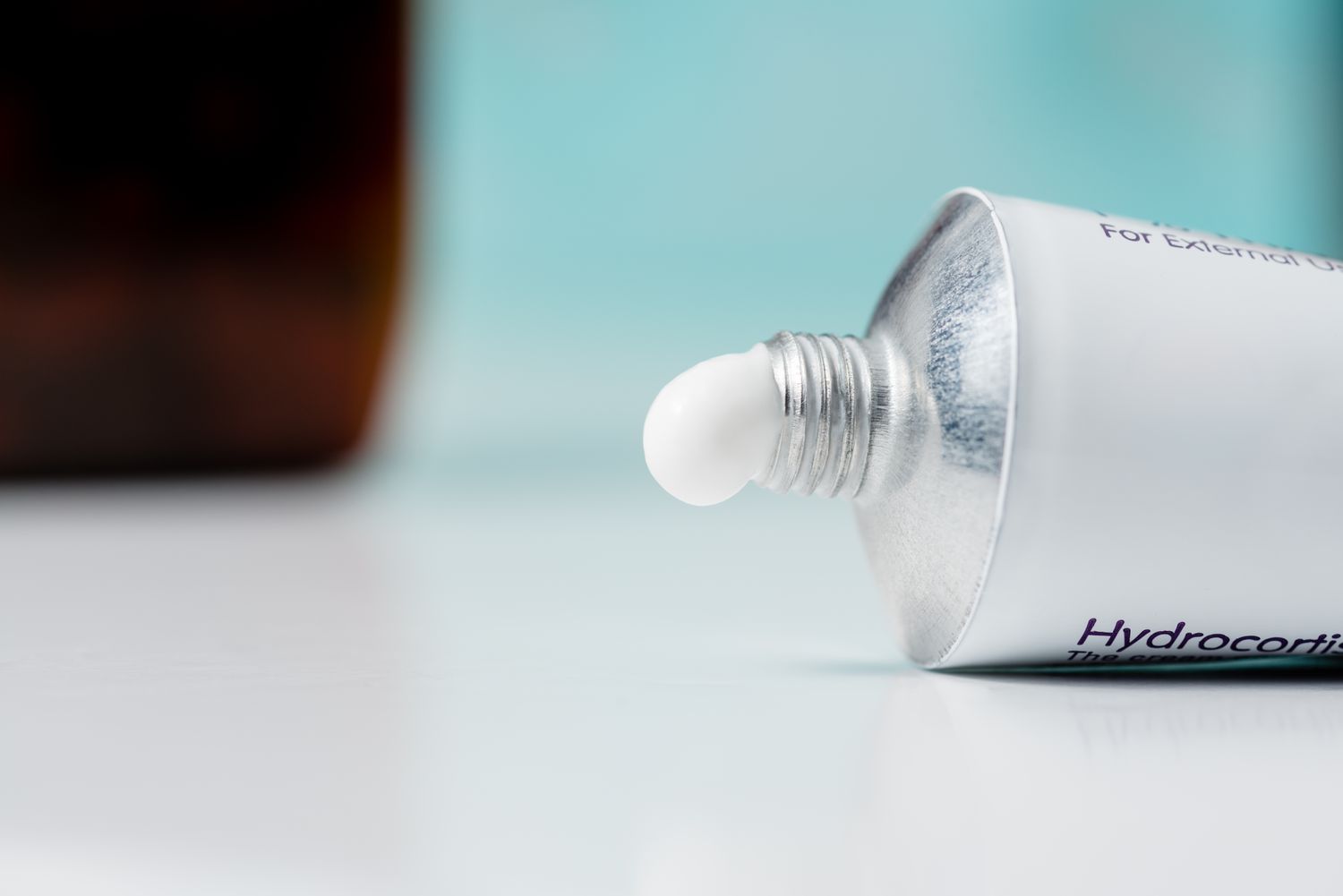
Topical steroids, also known as corticosteroids, are commonly prescribed medications for various skin conditions. They work by reducing inflammation, itching, and redness, providing relief for conditions such as eczema, psoriasis, and dermatitis. While these medications can be highly effective, it's crucial to understand their proper usage and potential side effects. In this article, we'll delve into seven essential facts about topical steroids, shedding light on their benefits, precautions, and misconceptions. Whether you're a healthcare professional, a patient, or simply curious about these medications, this comprehensive guide will equip you with valuable insights to navigate the world of topical steroids with confidence. Let's explore the nuances of these widely used treatments and gain a deeper understanding of their impact on skin health.
Key Takeaways:
- Topical steroids treat skin conditions but should be used as directed to avoid side effects like skin thinning and rebound effects. Follow your healthcare provider’s guidance for safe and effective use.
- Different strengths of topical steroids are used for various skin conditions. Apply sparingly and evenly to maximize effectiveness and minimize side effects. Always consult your healthcare provider for proper usage.
They are used to treat a wide range of skin conditions.
Topical steroids are versatile medications that can effectively alleviate symptoms of eczema, psoriasis, dermatitis, and other inflammatory skin conditions. These medications work by reducing inflammation, itching, and redness, providing relief and promoting healing.
Topical steroids come in different strengths.
These medications are available in various potencies, ranging from mild to very potent. The strength of the topical steroid prescribed depends on the severity and location of the skin condition. It is crucial to use the strength recommended by your healthcare provider to achieve optimal results while minimizing potential side effects.
They should be used for the shortest duration possible.
Prolonged use of topical steroids can lead to adverse effects such as skin thinning, stretch marks, and increased susceptibility to infections. It is important to follow your healthcare provider's instructions regarding the duration of treatment and to avoid using these medications excessively.
Topical steroids should be applied sparingly and evenly.
When applying topical steroids, it is essential to use them sparingly and evenly over the affected area. This helps ensure that the medication is absorbed uniformly, maximizing its effectiveness while reducing the risk of side effects.
They are not the same as anabolic steroids.
Despite sharing the term "steroids," topical steroids are entirely different from anabolic steroids, which are synthetic variations of the male sex hormone testosterone. Topical steroids are corticosteroids that primarily exert anti-inflammatory effects and are used for medical purposes.
Topical steroids may cause side effects.
While topical steroids are valuable in managing skin conditions, they can potentially cause side effects such as skin thinning, acne, and folliculitis. It is essential to be aware of these potential effects and to promptly consult your healthcare provider if you experience any concerning symptoms.
Discontinuing topical steroids abruptly can lead to rebound effects.
Abruptly stopping the use of topical steroids can result in rebound effects, where the original skin condition worsens. It is crucial to follow your healthcare provider's guidance when tapering off the use of these medications to minimize the risk of rebound effects and ensure a smooth transition.
Topical steroids play a vital role in managing various skin conditions, offering relief and promoting healing when used appropriately under medical supervision. Understanding these seven facts about topical steroids can empower individuals to make informed decisions regarding their use and ensure the safe and effective management of skin conditions.
Conclusion
In conclusion, understanding the use of topical steroids is crucial for anyone seeking effective treatment for various skin conditions. These medications, when used appropriately under medical supervision, can provide significant relief from inflammation and discomfort. However, it's essential to be mindful of potential side effects and follow the prescribed guidelines diligently. By being informed about the benefits and risks associated with topical steroids, individuals can make well-informed decisions regarding their skincare regimen and overall health.
FAQs
Are topical steroids safe for long-term use?
Topical steroids can be safe for long-term use when prescribed and monitored by a healthcare professional. It's important to follow the recommended application frequency and dosage to minimize the risk of adverse effects.
Can topical steroids be used on the face?
Topical steroids can be used on the face, but it's crucial to exercise caution due to the delicate nature of facial skin. Using milder formulations and strictly adhering to the prescribed application guidelines can help mitigate potential side effects.
Was this page helpful?
Our commitment to delivering trustworthy and engaging content is at the heart of what we do. Each fact on our site is contributed by real users like you, bringing a wealth of diverse insights and information. To ensure the highest standards of accuracy and reliability, our dedicated editors meticulously review each submission. This process guarantees that the facts we share are not only fascinating but also credible. Trust in our commitment to quality and authenticity as you explore and learn with us.


